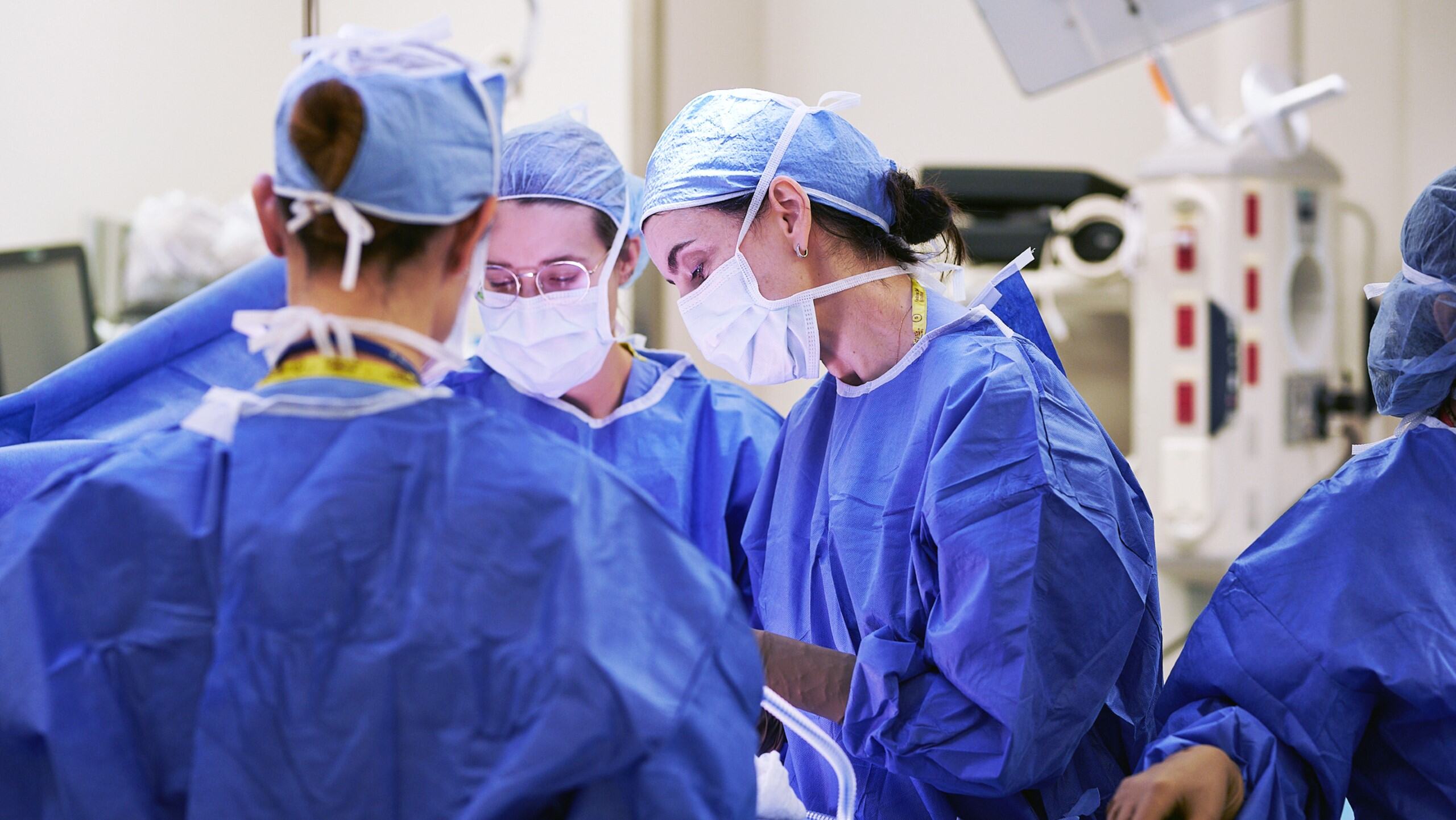Your plastic surgeon will make an incision (cut) across your lower abdomen. They will move a flap of tissue with its blood vessels up to your chest.
They make a new breast. They sculpt this tissue and connect the flap’s blood vessels to blood vessels in the chest.
Who it’s for
DIEP flap is best for people who:
- Have extra belly tissue that can be used to make a breast
- Do not want an implant
- Want to avoid lifelong imaging to monitor the implant
- Are OK with taking longer to recover
Why it’s good
DIEP flap surgery is good for a few reasons. You get a flatter, tighter belly. It’s easy to hide the scar near the bikini line. It also ages in a more natural way, as you gain or lose weight.
What to think about
Here are some things that can keep you from getting DIEP flap reconstruction:
- You have health conditions that do not make it safe to have a longer surgery
- You have had blood clotting conditions
- You smoke
- You already had certain types of abdominal surgery


